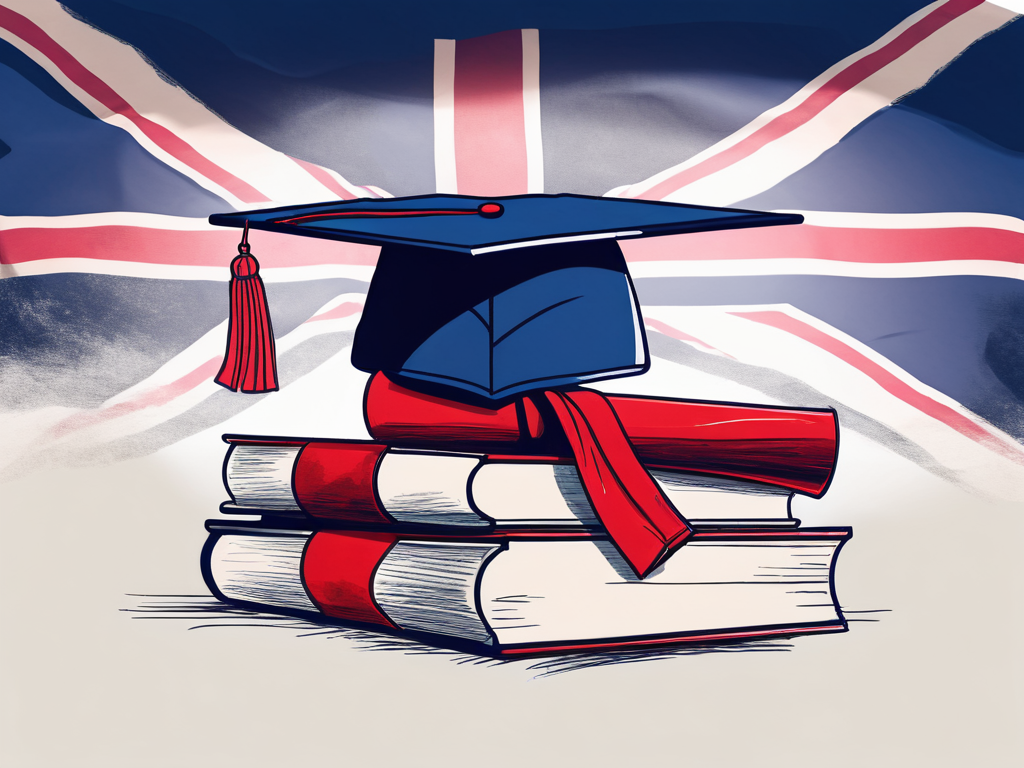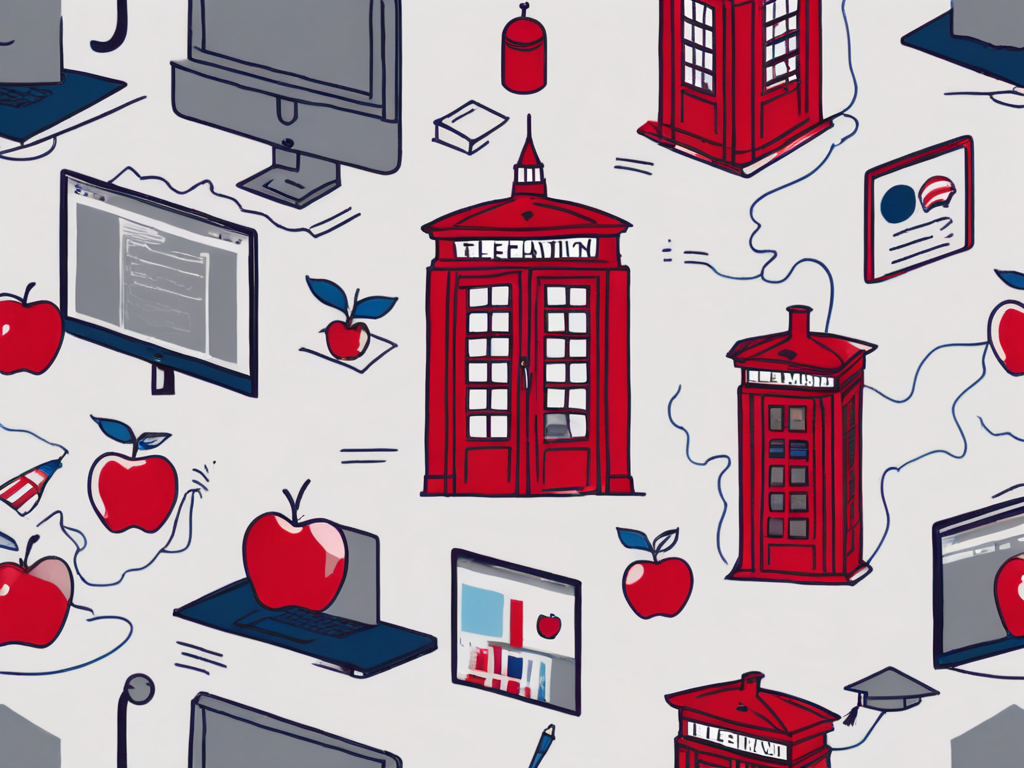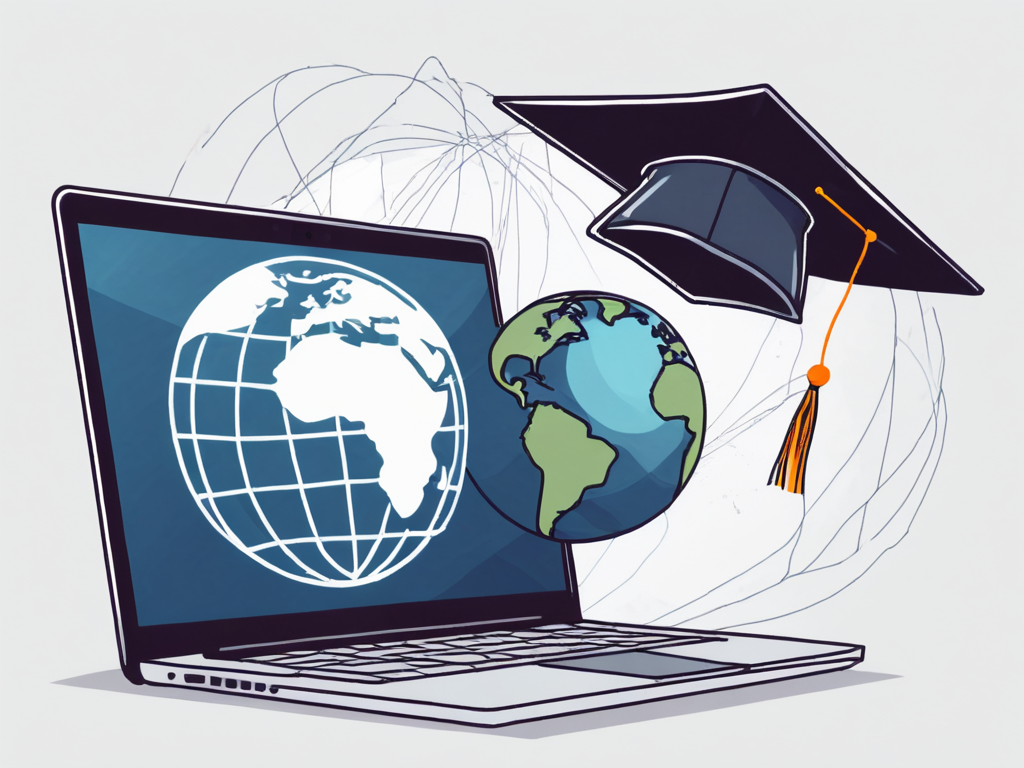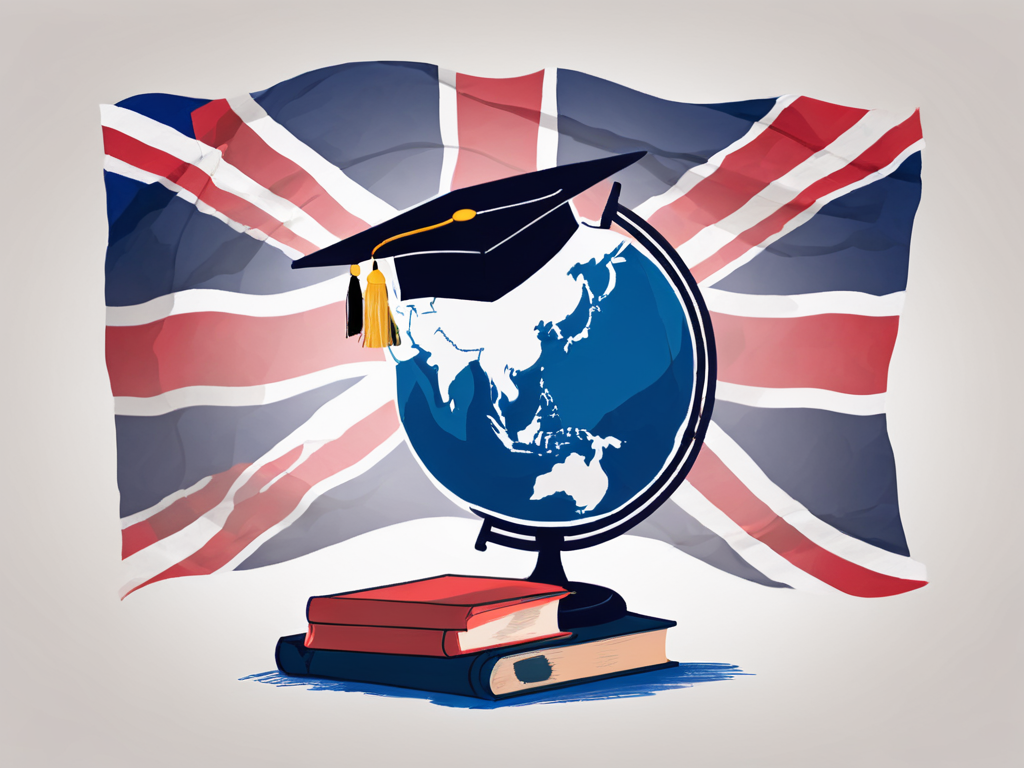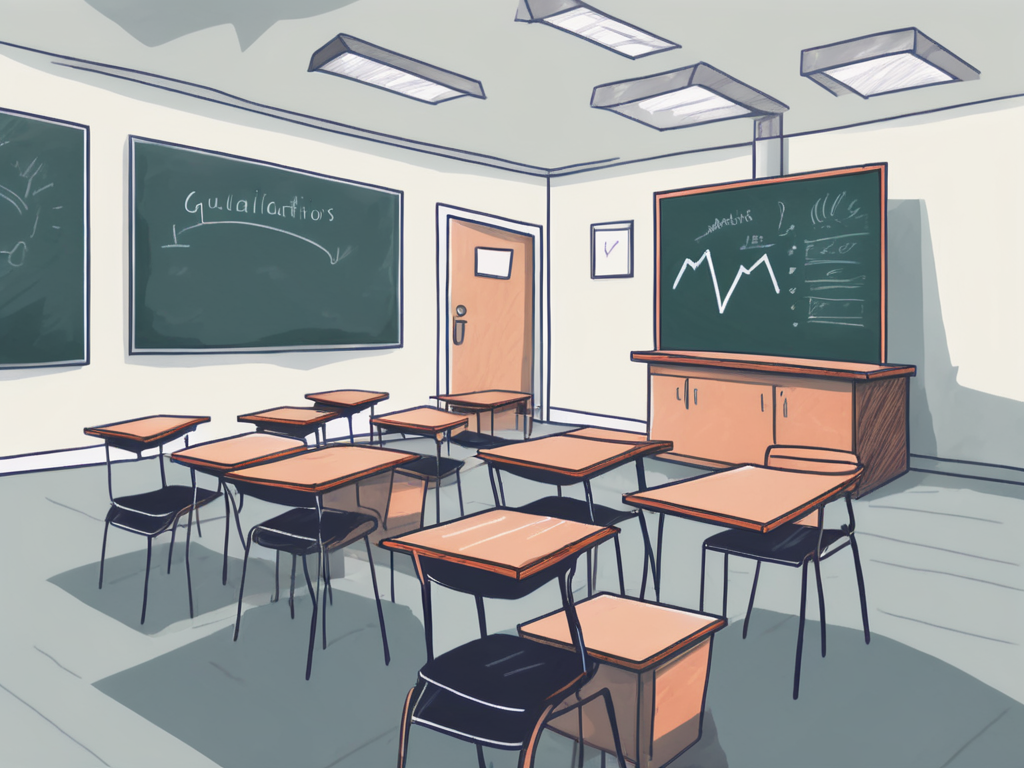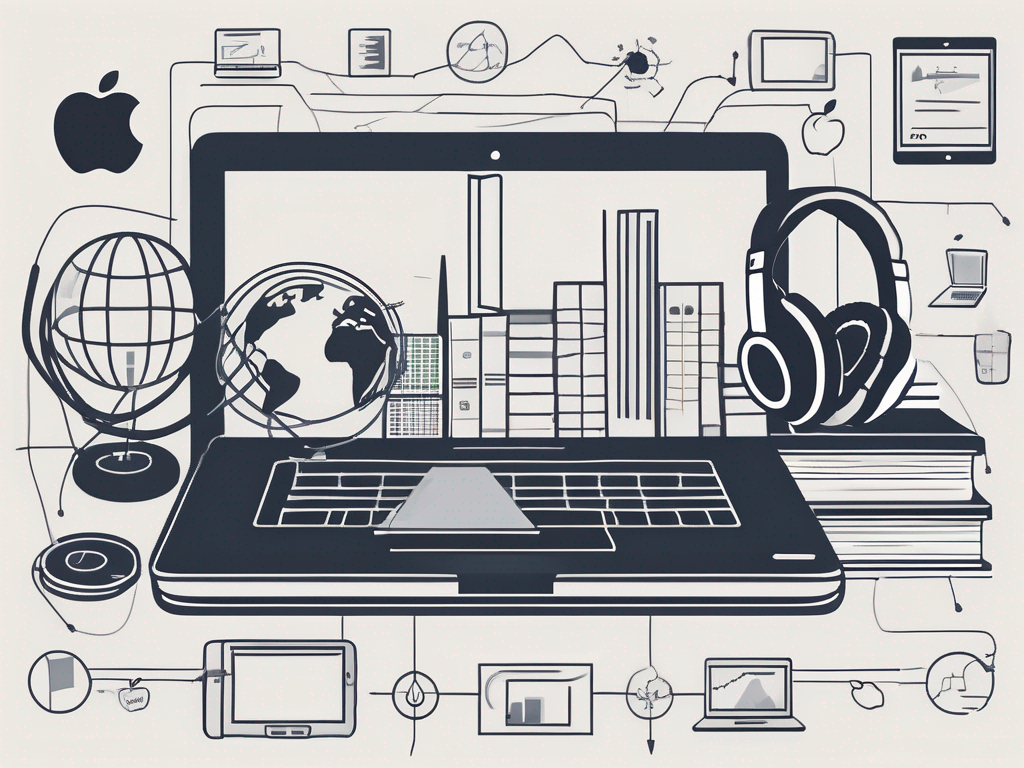
In today’s digital age, technology plays a vital role in shaping and revolutionizing education. The IPGCE (International Postgraduate Certificate in Education) course is no exception to this trend. The integration of technology in the IPGCE course has not only enhanced teaching methods but also opened new doors for students to explore and learn in exciting ways. Let’s dive deeper into understanding the significance of technology in the IPGCE course and the benefits it brings to both educators and learners.
Understanding the IPGCE Course
The IPGCE course is an internationally recognized qualification for teachers that equips them with the necessary skills and knowledge to deliver high-quality education. It covers a wide range of subjects, including pedagogy, curriculum development, assessment strategies, and classroom management.
For teachers looking to enhance their teaching abilities and advance their careers, the IPGCE course offers a comprehensive and rigorous programme that delves deep into the principles of effective teaching and learning. It provides educators with the opportunity to expand their knowledge base and develop innovative teaching techniques that cater to diverse student needs.
Key components of the IPGCE course
The IPGCE course comprises various essential components, such as:
- Lectures and seminars to impart theoretical knowledge
- Observing and reflecting on real classroom scenarios
- Engaging in practical teaching practice
- Completing assignments and assessments
Furthermore, the course encourages collaborative learning among teachers, fostering a supportive community where educators can share best practices and learn from each other’s experiences. This collaborative approach not only enriches the learning experience but also cultivates a culture of continuous improvement and professional development.
The importance of the IPGCE course in modern education
In today’s fast-paced and ever-changing world, the IPGCE course is crucial for educators. It equips them with the necessary skills and understanding of modern teaching practices, allowing them to create engaging and effective learning environments for their students.
Moreover, the IPGCE course empowers teachers to adapt to the evolving landscape of education, incorporating technology and innovative teaching methods to enhance student engagement and learning outcomes. By staying abreast of the latest trends and research in education, teachers who undertake the IPGCE course are better equipped to meet the diverse needs of their students and inspire a lifelong love for learning.
The intersection of technology and IPGCE
Technology and the IPGCE course go hand in hand, as they both aim to enhance the educational experience for teachers and students alike. The integration of technology in the field of education has brought about a significant transformation in teaching and learning practices, paving the way for innovative and engaging educational experiences.
Embracing technology in the classroom has opened up a world of possibilities for educators, allowing them to cater to diverse learning styles and preferences. By incorporating digital tools and resources, teachers can create interactive lessons that stimulate critical thinking and creativity among students.
The influence of technology on teaching methods
Technology has revolutionized traditional teaching methods. It offers educators a wide range of tools and resources to engage students, making learning more interactive and dynamic. With technology, teachers can create multimedia presentations, utilise virtual and augmented reality, and incorporate online learning platforms into their lessons. The use of technology has not only made learning more accessible but has also empowered teachers to personalise their teaching approaches to meet the individual needs of students.
Furthermore, the integration of technology in education has led to the emergence of blended learning approaches, combining traditional face-to-face instruction with online activities. This hybrid model allows for greater flexibility and collaboration, enabling students to engage with course materials at their own pace while fostering a sense of community within the virtual learning environment.
Technological tools used in the IPGCE course
In the IPGCE course, various technological tools are utilised to enhance the teaching and learning process. Some commonly used tools include:
- Learning management systems, such as Moodle and Blackboard
- Video conferencing platforms for virtual classrooms
- Educational apps and software for interactive learning
- Online resources and databases for research and reference
These tools play a crucial role in facilitating communication, collaboration, and knowledge sharing among educators and students. By leveraging technology effectively, the IPGCE course aims to equip teachers with the skills and knowledge needed to navigate the ever-evolving landscape of education, preparing them to deliver high-quality instruction in the digital age.
Benefits of integrating technology in the IPGCE course
The integration of technology in the IPGCE course brings forth numerous benefits for both teachers and students.
Integrating technology into the IPGCE course not only enhances the learning experience but also opens up a world of possibilities for educators and learners alike. By incorporating digital tools and platforms, teachers can cater to different learning styles and preferences, making the educational journey more personalised and effective.
Enhancing learning experiences through technology
Technology allows teachers to create exciting and immersive learning experiences for their students. Students can actively participate in virtual simulations, access a wealth of educational resources online, and collaborate with their peers through online platforms. This active engagement promotes deeper understanding and retention of knowledge.
Moreover, technology provides a platform for interactive and dynamic learning, where students can explore complex concepts through multimedia presentations, interactive quizzes, and real-time feedback. This not only makes learning more engaging but also equips students with essential digital skills that are crucial in today’s fast-paced world.
The role of technology in facilitating distance learning
In today’s interconnected world, distance learning has become increasingly popular. Technology enables educators to reach students beyond the constraints of physical classrooms. Through virtual classrooms and online resources, teachers can deliver high-quality education to students regardless of their geographical location.
Furthermore, technology in distance learning fosters a sense of inclusivity and accessibility, breaking down barriers to education for students with diverse needs and backgrounds. It promotes flexibility in learning, allowing students to pace their studies according to their individual schedules and commitments, ultimately empowering them to take control of their educational journey.
Challenges of using technology in the IPGCE course
Although technology opens up new doors for education, it also brings forth certain challenges that need to be addressed.
Embracing technology in the IPGCE course can revolutionise the way students learn and educators teach. By incorporating tools such as virtual classrooms, online resources, and interactive multimedia, the learning experience can be more engaging and tailored to individual needs. However, with these advancements come challenges that educators must navigate to ensure a seamless integration of technology.
Addressing technological issues and limitations
Technology is not without its hiccups. Connectivity issues, software glitches, and compatibility problems can hinder smooth teaching and learning experiences. It is crucial for educators to be prepared to tackle such issues promptly and provide alternative solutions to ensure uninterrupted learning.
Moreover, as technology continues to evolve at a rapid pace, staying updated with the latest trends and tools is essential for educators. Continuous professional development and training sessions can equip teachers with the necessary skills to troubleshoot technical issues and maximise the benefits of technology in the IPGCE course.
Overcoming resistance to technological change in education
Resistance to change is natural, and not everyone embraces technology readily. Some educators may be hesitant to integrate technology into their teaching practices due to a lack of confidence or familiarity. It is important to provide adequate training and support to educators, address their concerns, and highlight the benefits of technology in education.
Furthermore, fostering a culture of innovation and collaboration within the educational institution can help alleviate resistance to technological change. Encouraging peer-to-peer learning and sharing success stories of technology integration can inspire educators to explore new possibilities and enhance their teaching methods.
The future of technology in the IPGCE course
As technology continues to evolve, the IPGCE course must adapt to stay at the forefront of educational innovation.
Emerging technological trends in education
The education industry constantly witnesses emerging technological trends that shape the way we teach and learn. These trends include artificial intelligence, machine learning, gamification, and personalized learning. Keeping an eye on these trends and incorporating them into the IPGCE course will help educators prepare students for the digital future.
Preparing for the digital future of the IPGCE course
It is essential for the IPGCE course to stay up-to-date with the latest technological advancements in education. Regularly reviewing and updating the course curriculum, providing continuous professional development opportunities for educators, and fostering a culture of innovation will ensure that the IPGCE course remains relevant and effective in the digital future.
As we delve deeper into the digital age, it becomes increasingly important for educators to embrace innovative technologies that can enhance the learning experience. Virtual reality (VR) and augmented reality (AR) are two such technologies that have the potential to revolutionise the way students engage with course material. By immersing students in virtual environments or overlaying digital content onto the real world, educators can create interactive and dynamic learning experiences that cater to different learning styles.
Furthermore, the rise of online learning platforms and tools has opened up new possibilities for delivering education beyond the traditional classroom setting. Blended learning, which combines online resources with face-to-face instruction, has become a popular approach in modern education. By integrating online modules, interactive quizzes, and multimedia content into the IPGCE course, educators can create a more flexible and engaging learning environment that caters to the diverse needs of students.
Embrace the Future with IPGCE
As technology continues to redefine the educational landscape, the International Postgraduate Certificate in Education (iPGCE) stands at the forefront, empowering educators to meet the challenges of the digital age. With the iPGCE, you can overcome the barriers of stringent qualification requirements, unlock career progression opportunities, connect with a global professional community, gain a deeper understanding of international curricula, and pursue professional development without compromising your work commitments. Don’t let inadequate credentials or isolation limit your potential. Join the UK’s #1 Teacher Training Course and experience a transformative journey that will enhance your qualifications and propel your career forward. Join the iPGCE program now and become a part of the digital revolution in education.

